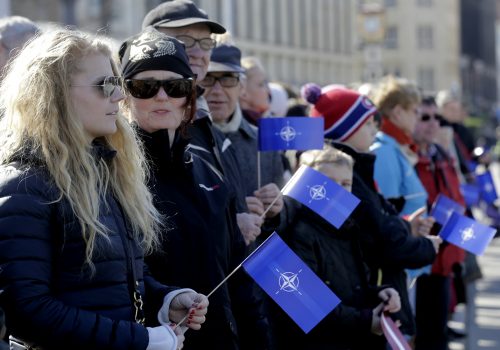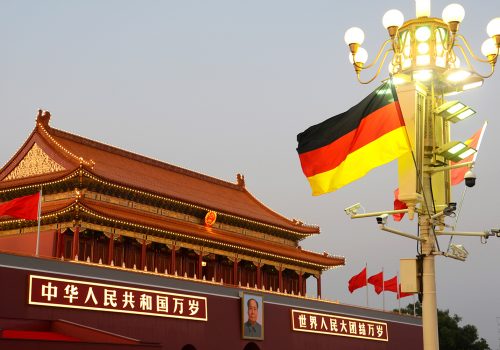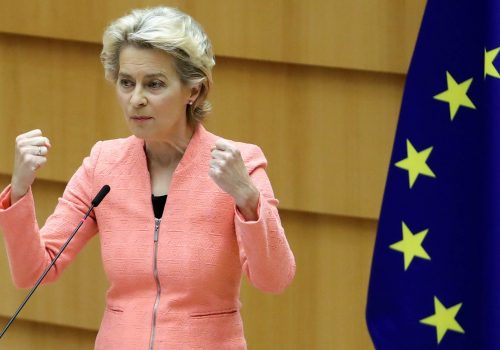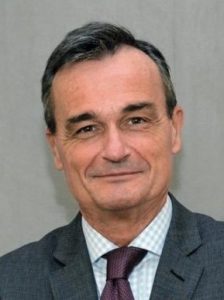In 2017, Chancellor Angela Merkel argued that Europe should “take its fate into its own hands” and two years later, President Emmanuel Macron stressed that Europe can no longer rely on the US alone. President Donald Trump meanwhile accused Europe of being an unreliable partner for not fulfilling defense spending obligations and its differing defense priorities. The EU is improving its defense contributions by investing in home-grown technologies, but the US’ long-standing frustration stems from Europe’s generally different approach to transatlantic security. However, this is only a piece of the growing divergence between Europe and the US. Areas of disagreement include digital policy and data privacy issues, how to manage China and Russia, global warming, and international trade norms. Alarmed by what they regard as increasing US unreliability under President Trump, should Europe seek its own strategic road, independent of the US for the first time since 1945? As the EU deepens cooperation among member states, should it seek US support for its projects or disregard its transatlantic ally?
Ambassador Daniel Fried, former US ambassador to Poland and Weiser Family Distinguished Fellow at the Atlantic Council and Dr. Kateryna Smagliy, division chief at the Hennadii Udovenko Diplomatic Academy of Ukraine, face off against Dr. Stephen M. Walt, Robert and Renée Belfer professor of international relations at Harvard University and Ambassador Gérard Araud, former French ambassador to the United States. Jacob Heilbrunn, editor at the National Interest, moderates, and Benjamin Haddad, director of the Future Europe Initiative at the Atlantic Council, welcomes.

spotlight
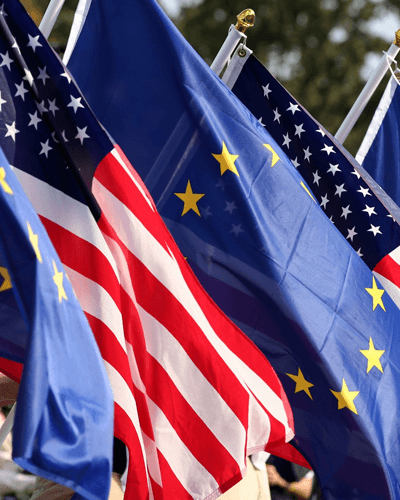
A growing divide?
The transatlantic relationship
In 2017, Chancellor Angela Merkel argued that Europe should “take its fate into its own hands” and two years later, President Emmanuel Macron stressed that Europe can no longer rely on the US alone. President Donald Trump meanwhile accused Europe of being an unreliable partner for not fulfilling defense spending obligations and its differing defense priorities. Is it time for a split or for reconciliation?
RELATED experts

The Eurasia Center’s mission is to promote policies that strengthen stability, democratic values, and prosperity in Eurasia, from Eastern Europe in the West to the Caucasus, Russia, and Central Asia in the East.
